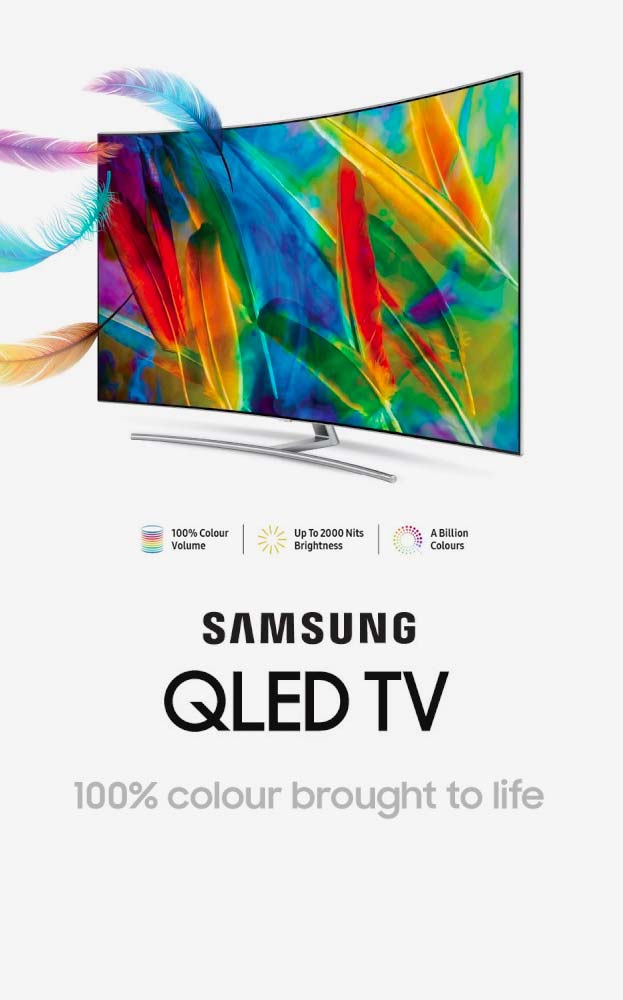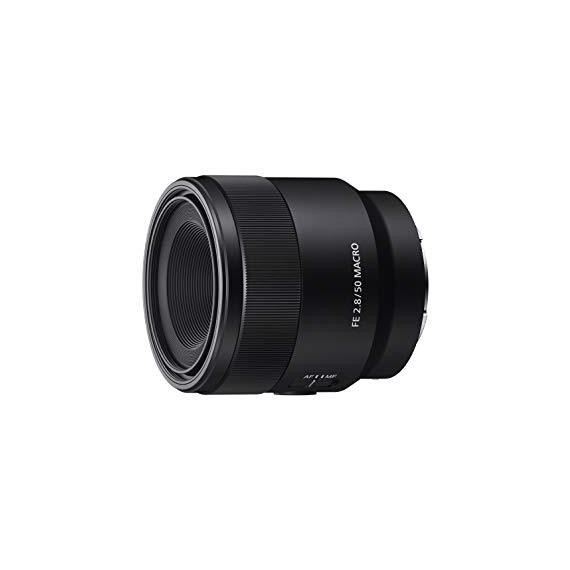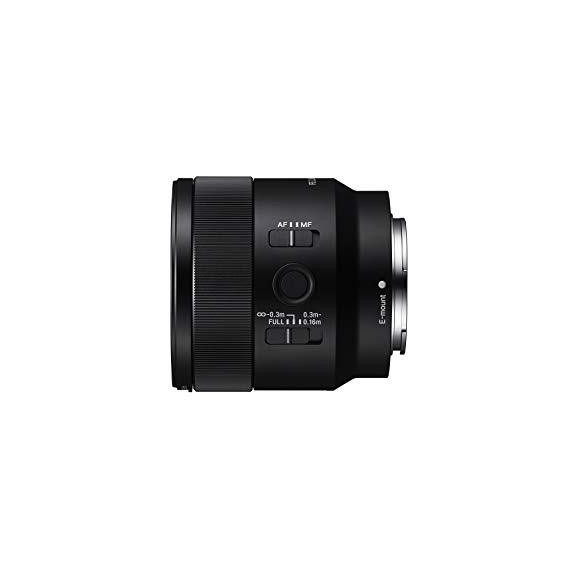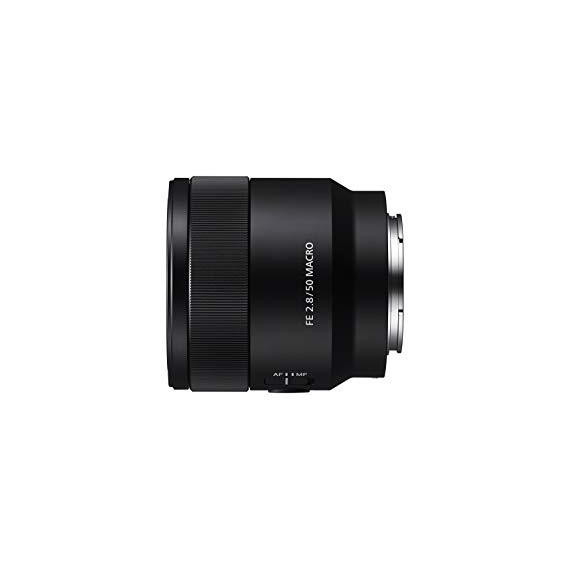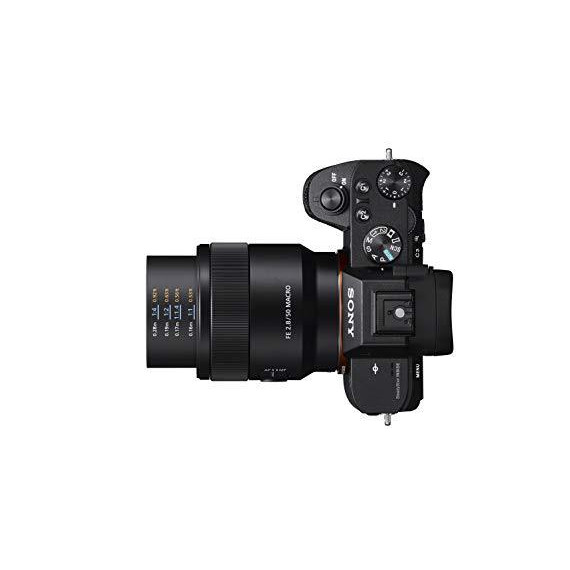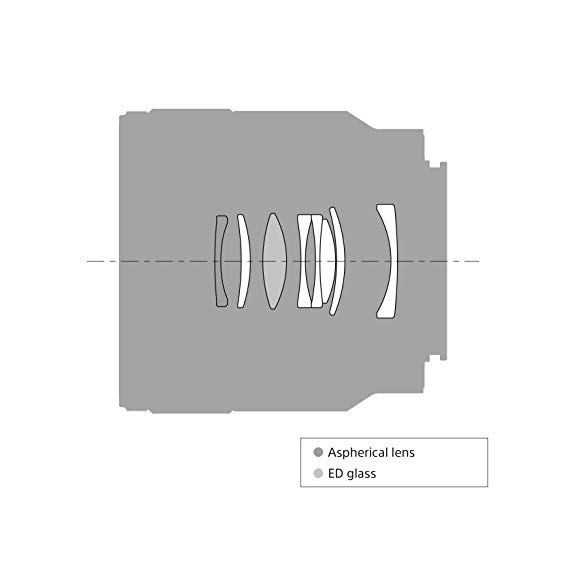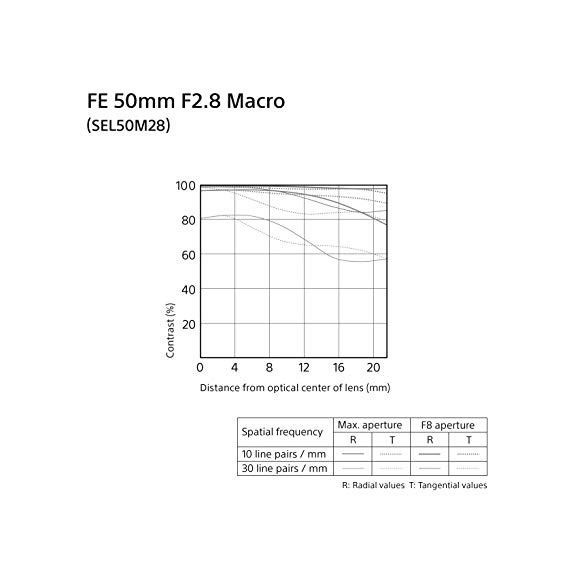Brian
Sony SEL50M28 FE 50mm F2.8 Full Frame E-mount Lens (Black)
B01LC8GMV4

Serving customers for more than 35 years, Adorama has grown from its flagship NYC stor...
City: US, Pasadena
Delivery
DHL express - Fast
1 day, Door-to-Door, Courier Delivered
from 26$
Pickup at your own expense
Tomorrow from 09:00 to 20:00, Store location
Free
Payment options
Cash, bank card, credit/installment payments, cashless payment for legal entities
Warranty and returns
Exchange/return of products of proper quality within 14 days
Official manufacturer's warranty: 12 months
Features
Item Dimensions
4.09 x 3.43 x 4.69 in
Lens Type
Macro
Description
This fits your .
Reviews
tech_enthusiast
Dave B
T. Leung
Rachelle Chase
Kindle Customer
Cat Arriola
Marky
jeff marston
Wright at Home
Showing 10 of 20 reviews
Please sign in so that we can notify you about a reply

